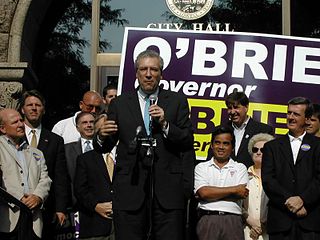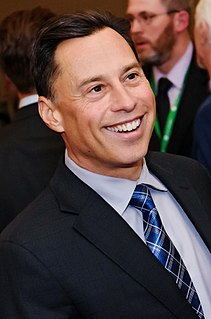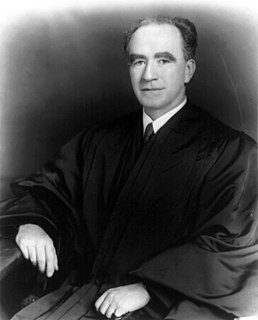A Quote by Chris Gabrieli
Schools serving disadvantaged students need more time to help these students catch up and gain the core academic skills they will need to succeed in our economy and society.
Related Quotes
When I was in Wuhan, I went to the art school, which was one of the most important art schools in China, an enormous art school. One of the things that I saw is that the schools are very big and there are so many students. It is very difficult to me to teach creative activity to great numbers of people, because I think you need personal contact with students, you need to speak individually, you need individual contact between teachers and students, you need continuity. To me this is a problem in mass education in every society now.
The Common Core State Standards Initiative is an important step forward in ensuring that the United States remains competitive in the global economy. Career technical education (CTE) shares the Initiative s goal that all students must be college and career ready. CTE programs that incorporate the Common Core Standards will ensure students have the academic and technical knowledge and skills to be successful in the 21st century workplace.
While the most disadvantaged students - most often poor students of color - receive the most considerable academic benefits from attending diverse schools, research demonstrates that young people in general, regardless of their background, experience profound benefits from attending integrated schools.
Like many others, I have deep misgivings about the state of education in the United States. Too many of our students fail to graduate from high school with the basic skills they will need to succeed in the 21st Century economy, much less prepared for the rigors of college and career. Although our top universities continue to rank among the best in the world, too few American students are pursuing degrees in science and technology. Compounding this problem is our failure to provide sufficient training for those already in the workforce.
You can do and use the skills that you have. The schools need you. The teachers need you. Students and parents need you. They need your actual person: your physical personhood and your open minds and open ears and boundless compassion, sitting next to them, listening and nodding and asking questions for hours at a time.
Without question, students need to practice, review, and drill skills, but they should do so only in the spirit of working toward more complex mastery of those skills. Redundant drill of skills is inherently boring and insulting to the learner, and it is one of the most effective methods for turning students off to learning.
If children are hungry, they need to be fed. It's hard to learn if your stomach is growling. We need to take that on. If students can't see the blackboard, need eyeglasses, we need to do that. If students need a social worker or counselor to work through the challenges they're facing at home in the community, we need to do that.
We need more concept-development and active involvement, less tuning forks, pulleys, and friction formulas - students know they'll never use those. They need more study of outer space and DNA. They need more exciting teaching, more fair-minded encouragement, more career guidance, more mentorship. Both students and teachers need more feedback. It would help if we stopped protecting bad teachers - It's very difficult to get rid of even sexual perverts let alone just bad teachers.
Because they don't teach the truth about the world, schools have to rely on beating students over the head with propaganda about democracy. If schools were, in reality, democratic, there would be no need to bombard students with platitudes about democracy. They would simply act and behave democratically, and we know this does not happen. The more there is a need to talk about the ideals of democracy, the less democratic the system usually is.
I have find that today's students are often more tolerant of human variance than students in earlier generations might have been. On the other hand, some of our students need much more interaction with a wide variety of peers so they level of understanding deepens and so they are prepared to live in a world that is only going to get smaller.

































